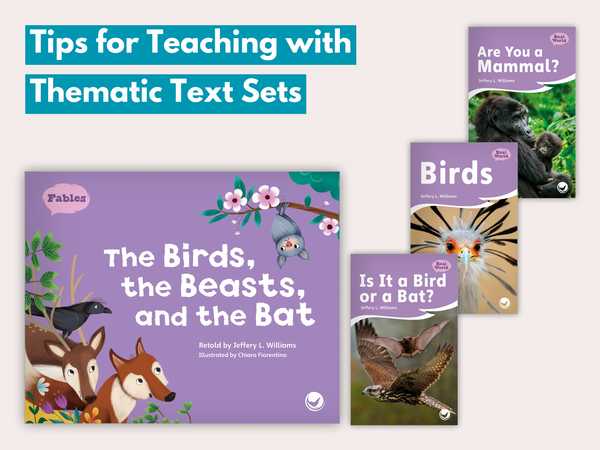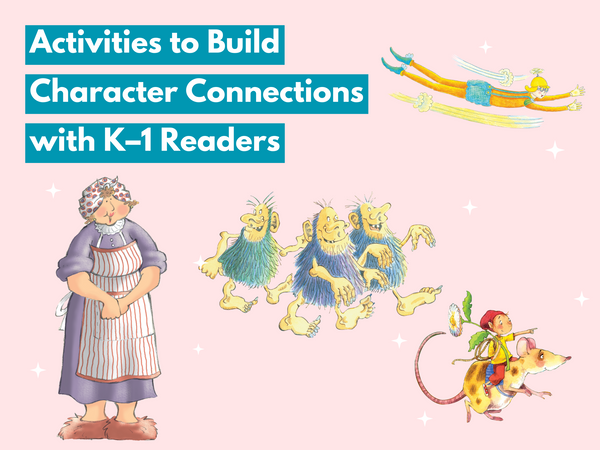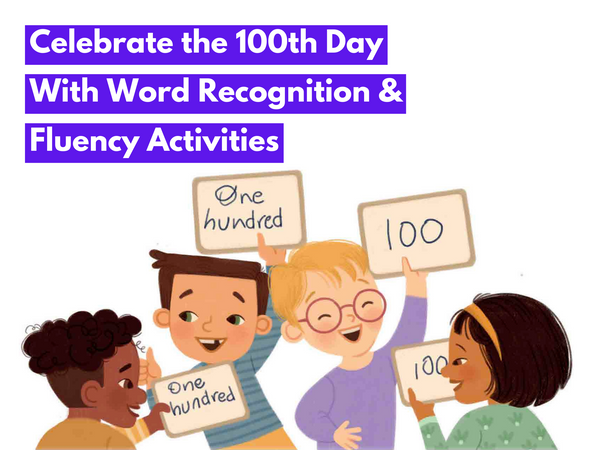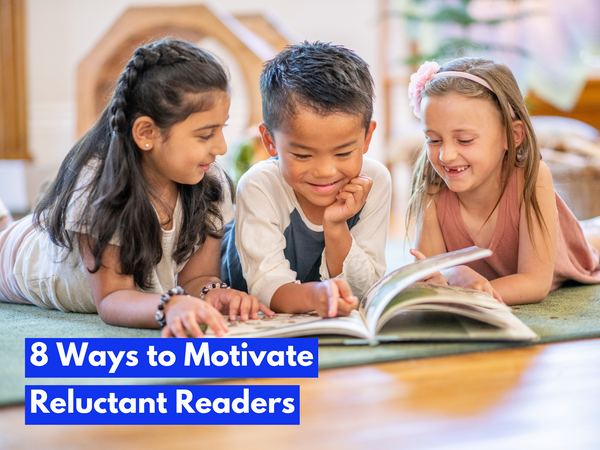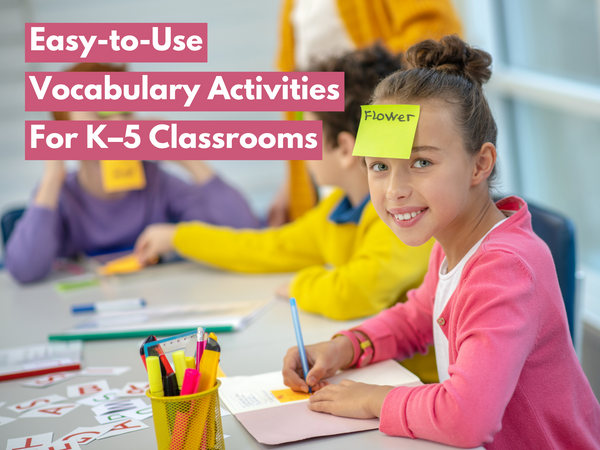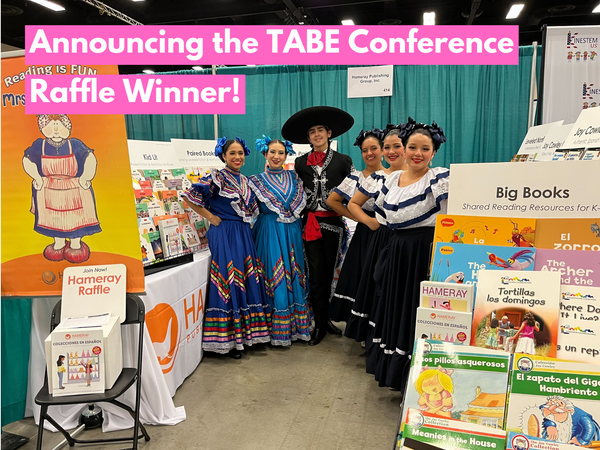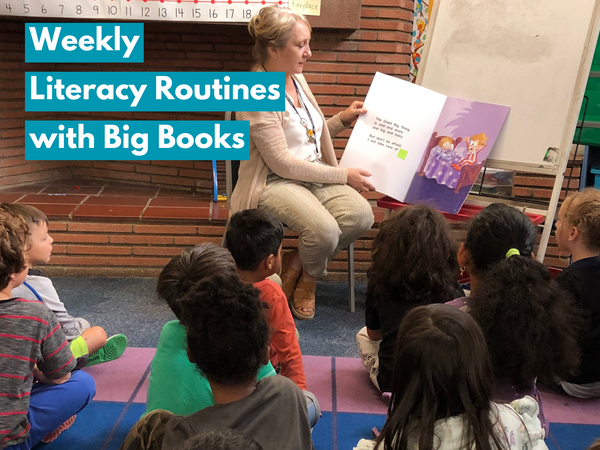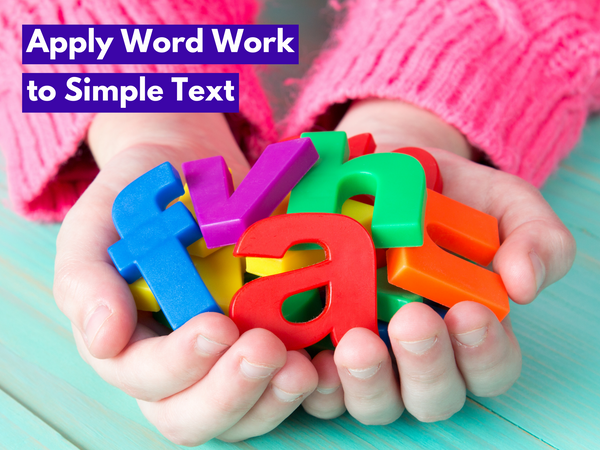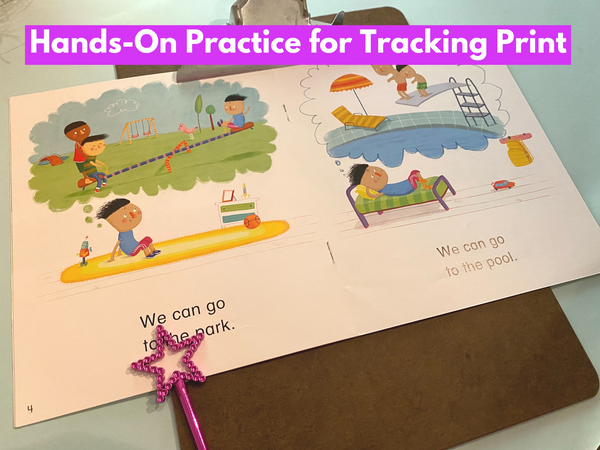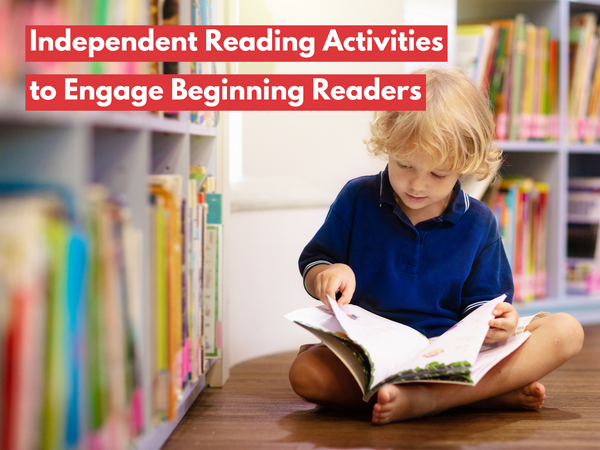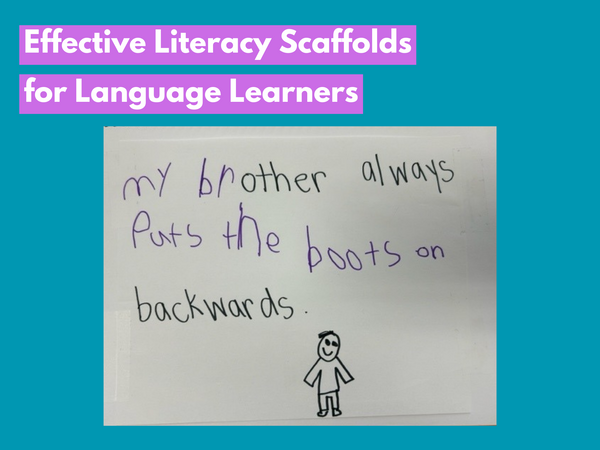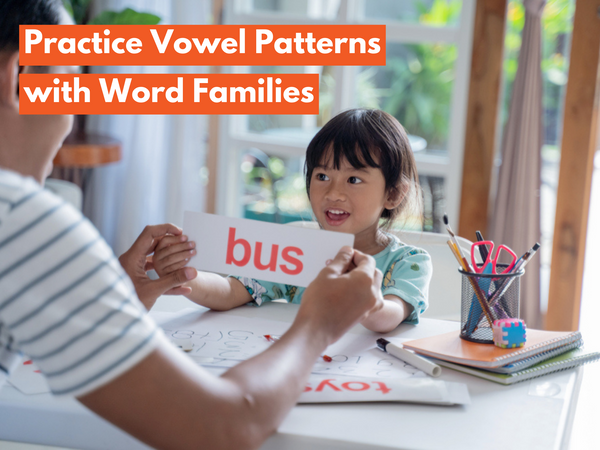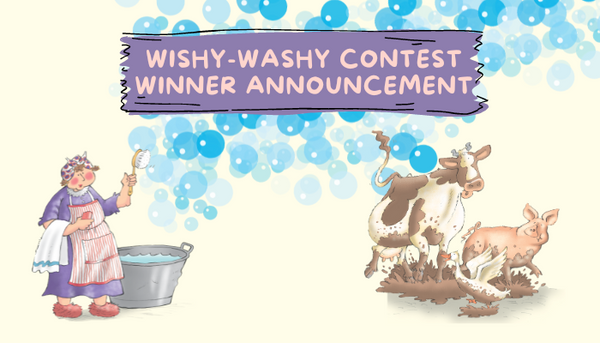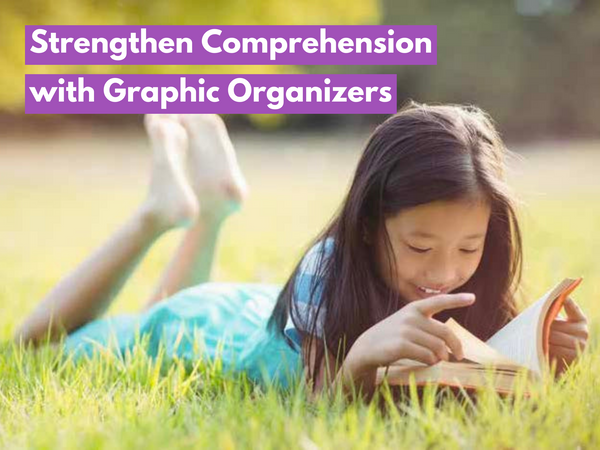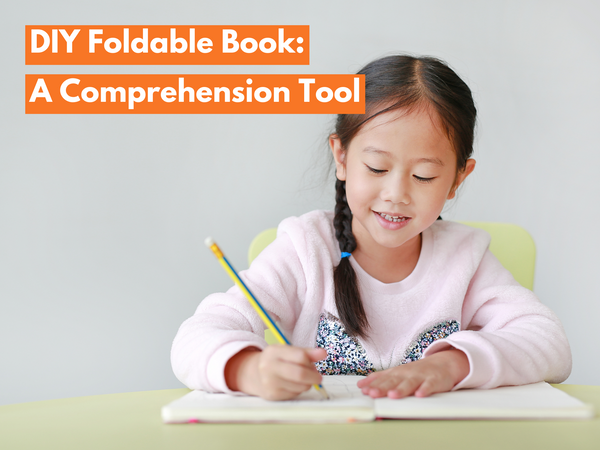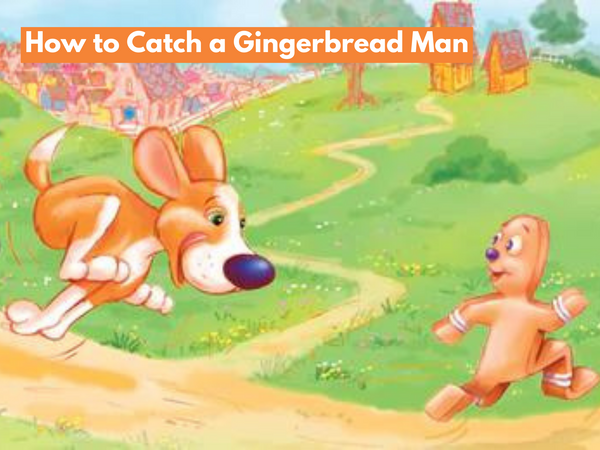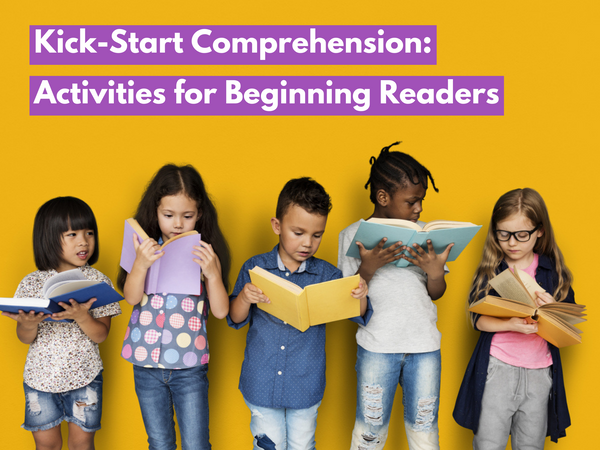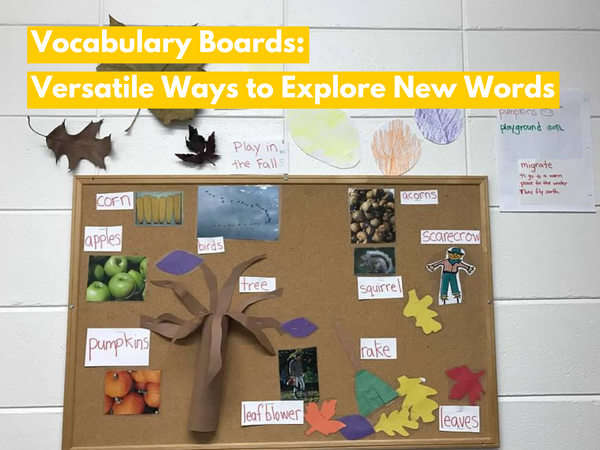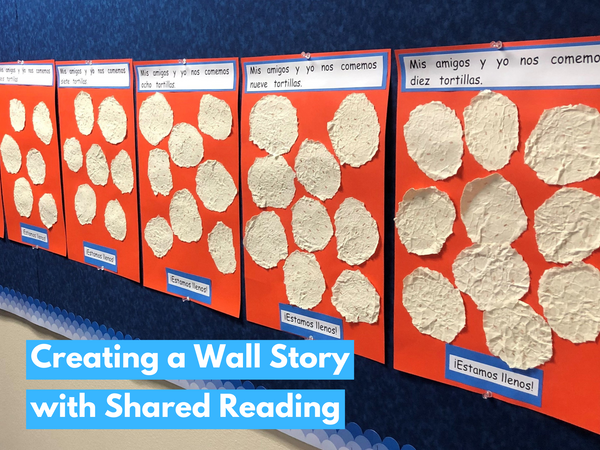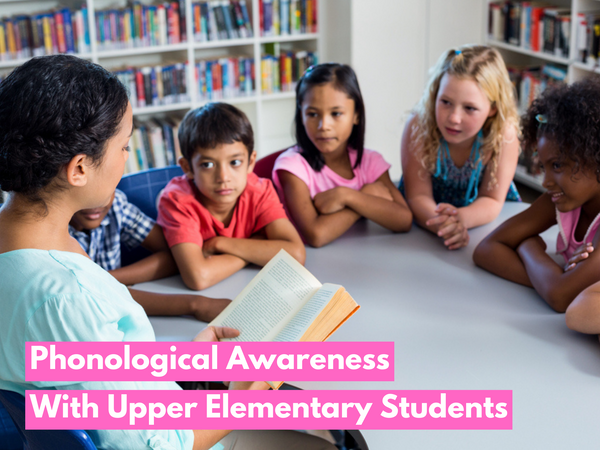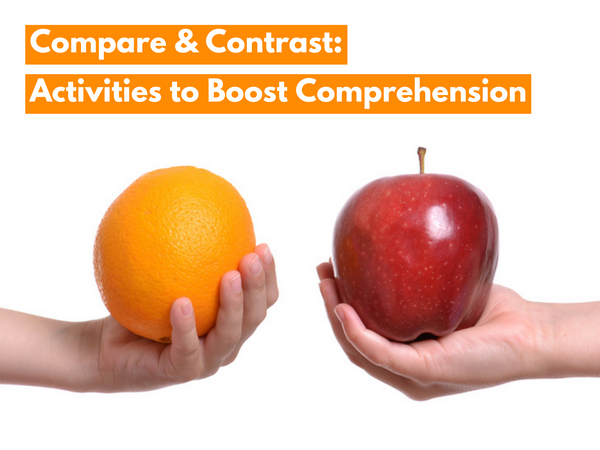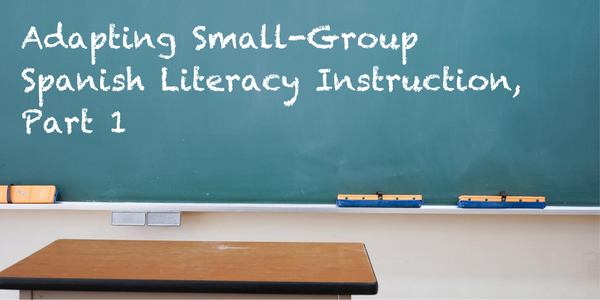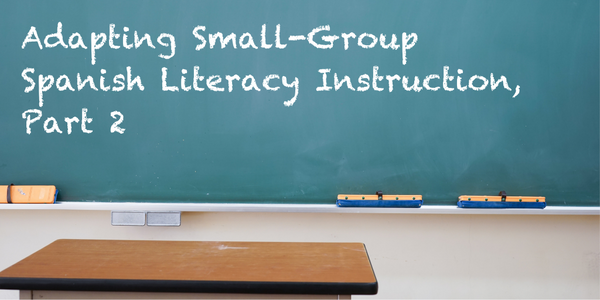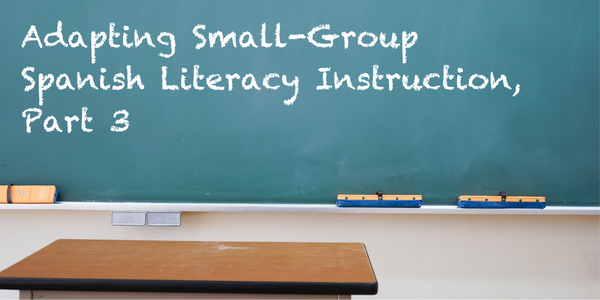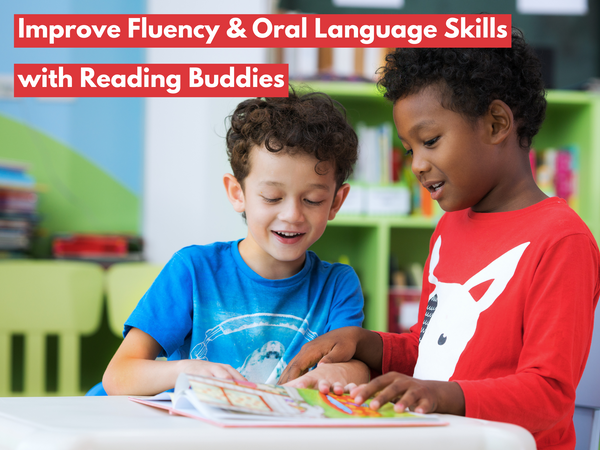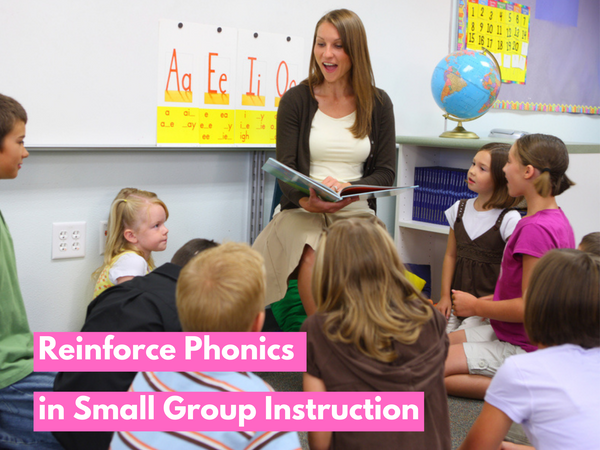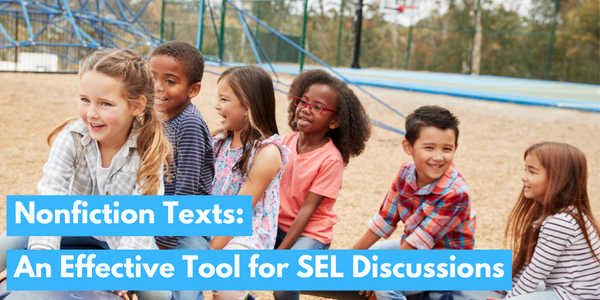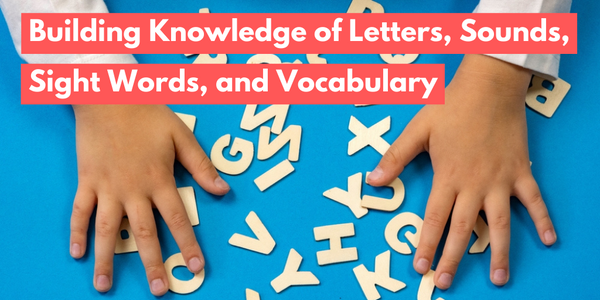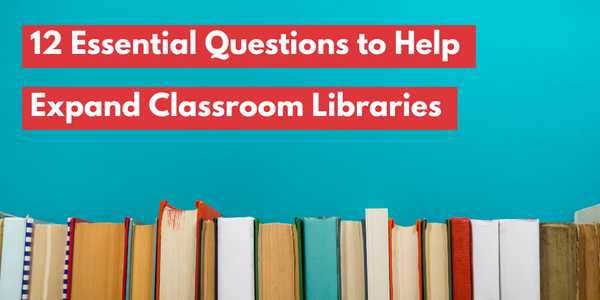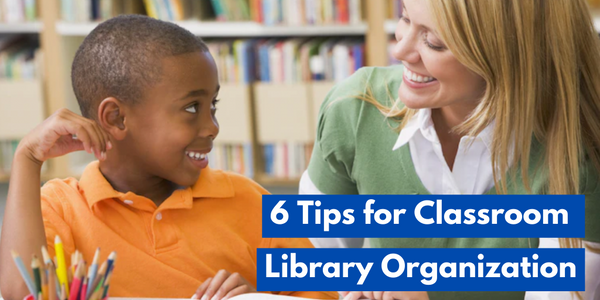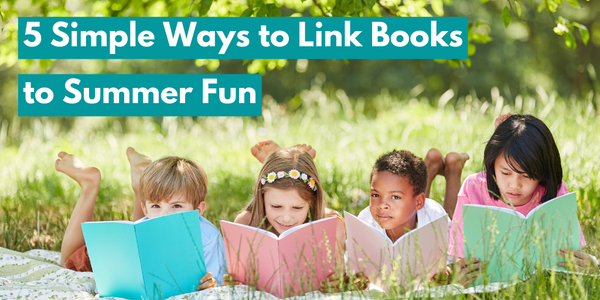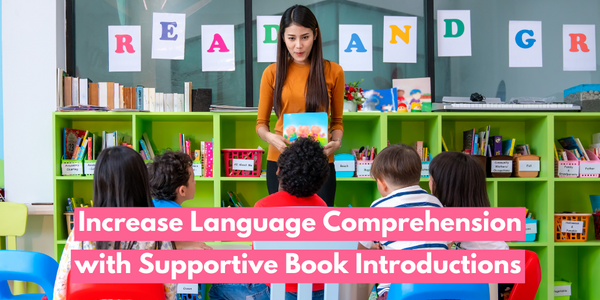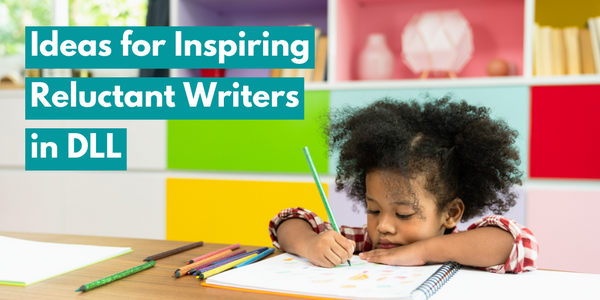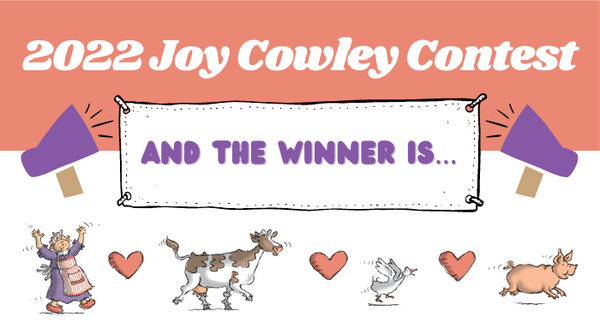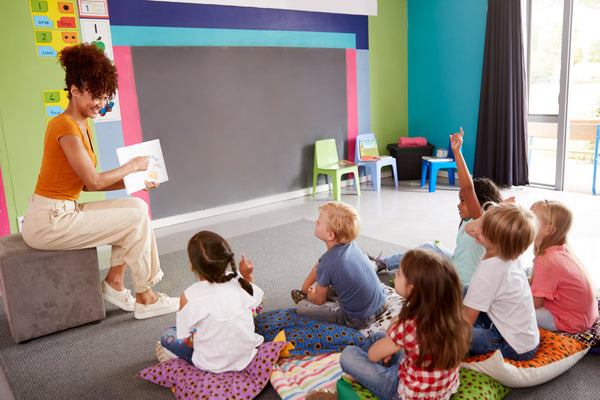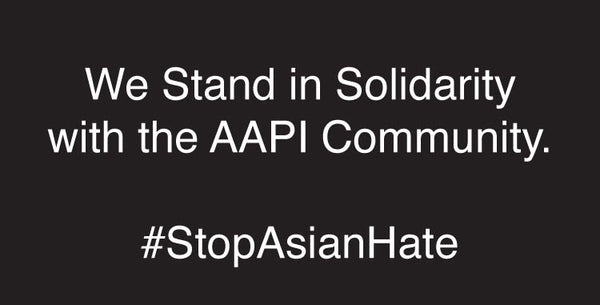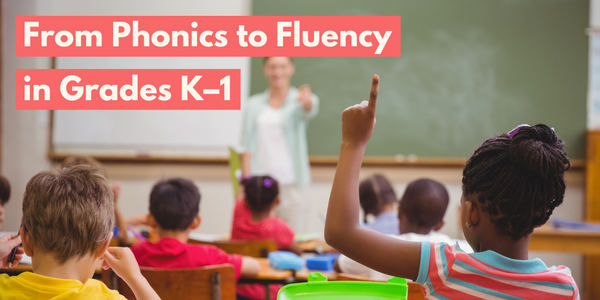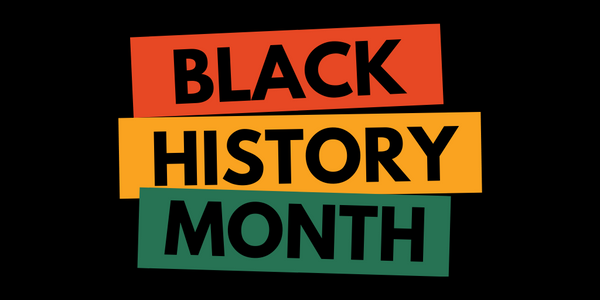 This guest post by Susan Bennett-Armistead, author of our
My World informational texts
, was originally published in Dec. 2013.
This guest post by Susan Bennett-Armistead, author of our
My World informational texts
, was originally published in Dec. 2013.
As early educators, we enjoy relationships with parents that some of our colleagues who teach in older grades miss out on. We are often their children’s first teachers, and we set the tone for how that family will view and work with school. Let’s get off on the right foot and enter the relationship as collaborating experts, with us being the experts on children in groups and the parents being the experts on their own children. With that in mind, this post is focused on helping parents maximize their unique position in promoting their children’s developing world knowledge.
Most parents want their children to do well in school and to succeed in life. Not all parents are hip to the ways that they can support that, however. While the message of “Read to Your Child” has been sung loud and proud for a couple of decades now, many parents may be unsure of what to read, when to start to read, how much to read, or even how to read to their children to maximize their literacy development. By sharing with parents some of the following tips, through conversations or newsletters, you can help them to help us lay an important foundation for literacy success in our youngest children.
 Literacy begins early.
Some parents believe that literacy starts when children enter kindergarten or first grade. It’s crucial to children’s literacy success that we move away from a “readiness” discussion and help families understand that literacy is ongoing and emergent, and it starts as soon as children are processing language. If families are waiting to think about literacy until kindergarten, they’ve missed five years of building skills and understandings that their little one will need to draw on when they are in school. Help your families understand the key role they play in building their child’s literacy skills by engaging in literacy activities in the early years. Offer suggestions for read aloud, songs, and games in your newsletters.
Literacy begins early.
Some parents believe that literacy starts when children enter kindergarten or first grade. It’s crucial to children’s literacy success that we move away from a “readiness” discussion and help families understand that literacy is ongoing and emergent, and it starts as soon as children are processing language. If families are waiting to think about literacy until kindergarten, they’ve missed five years of building skills and understandings that their little one will need to draw on when they are in school. Help your families understand the key role they play in building their child’s literacy skills by engaging in literacy activities in the early years. Offer suggestions for read aloud, songs, and games in your newsletters.
Families are ALREADY doing good things for their children’s literacy development. You may be working with some families who feel like they have nothing to offer their child…except to turn him over the “the experts.” One of the best things we can do in building relationships with families is letting them in on fact that they are already supporting their children’s success. Could they do more? Sure, we all can—but by letting parents know that talking with their child, reading to their child, telling stories about when they, themselves, were little, and generally engaging with their little one all make a difference in their child’s connectedness to language and literacy…not to mention building a positive relationship with their parents!
 Families are uniquely positioned to build world knowledge.
It’s pretty challenging for us, as teachers, to get a group of children to the park for a field trip. (Shoot, some days, it’s pretty challenging even to get everyone dressed to go outside!) How much easier is it for a family to go to the park, the grocery store, the post office, etc.? Let families in on the fact that those little excursions that can seem like a hassle with children are really wonderful ways for their child to learn about the world around them. Just talking about what they’re seeing and doing can help their child make connections, build vocabulary, and understand their world. All of this information will be useful when they encounter those ideas or vocabulary in books later.
Families are uniquely positioned to build world knowledge.
It’s pretty challenging for us, as teachers, to get a group of children to the park for a field trip. (Shoot, some days, it’s pretty challenging even to get everyone dressed to go outside!) How much easier is it for a family to go to the park, the grocery store, the post office, etc.? Let families in on the fact that those little excursions that can seem like a hassle with children are really wonderful ways for their child to learn about the world around them. Just talking about what they’re seeing and doing can help their child make connections, build vocabulary, and understand their world. All of this information will be useful when they encounter those ideas or vocabulary in books later.
 Families can build connections to text better than teachers can.
When we read
Gingerbread Kids
and ask, “Have you ever baked cookies at your house?” We really don’t know who has and who hasn’t. Families reading to their children know what their previous experiences are and can help them connect to the text, making it their own, by offering nudges like, “Remember that time you and Grammy made sugar cookies? You put sprinkles on yours. If you were making a gingerbread kid, how would you decorate him?” Encourage your families to talk about what their children have seen or done that relates to the book they’re reading. Asking questions that connect the children to the text can maximize their comprehension as well as helping them start to ask questions themselves.
Families can build connections to text better than teachers can.
When we read
Gingerbread Kids
and ask, “Have you ever baked cookies at your house?” We really don’t know who has and who hasn’t. Families reading to their children know what their previous experiences are and can help them connect to the text, making it their own, by offering nudges like, “Remember that time you and Grammy made sugar cookies? You put sprinkles on yours. If you were making a gingerbread kid, how would you decorate him?” Encourage your families to talk about what their children have seen or done that relates to the book they’re reading. Asking questions that connect the children to the text can maximize their comprehension as well as helping them start to ask questions themselves.
Families know the child’s interests better than we do. If you have a child in your class who is crazy about trains (or sharks or princesses or horses…), chances are, her family knew that before you did. Encourage families to use their child’s interest in a topic to build their knowledge of literacy. Let the family know that checking out every book on dinosaurs from the library and reading all about dinosaurs is helping their child in several ways:
- building their child’s knowledge of dinosaurs
- building their knowledge of how to learn things
- creating a foundation for learning about other animals (there are plant eaters and meat eaters alive today!)
- creating a foundation for categorizing new information
- learning about informational text
- learning how informational text about dinosaurs is different from stories about dinosaurs
- linking information read in books to information learned on a field trip to a museum, and being critical of information that doesn’t “match”
 One of my brothers, who is a veterinary surgeon, went through waves of interests (presidents, dinosaurs, Egypt, Beethoven, etc.) that helped him learn all about many things in his early years. He doesn’t particularly care about any of those topics now, but his ability to learn, and learn well, has helped him a great deal. My other brother, a restaurateur and chef, identified early that he loved cooking and history and never wavered. Using children’s interests can be a passing thing or a permanent tool to build both their knowledge about the topic
and
their knowledge about learning. Families can capitalize on those interests well.
One of my brothers, who is a veterinary surgeon, went through waves of interests (presidents, dinosaurs, Egypt, Beethoven, etc.) that helped him learn all about many things in his early years. He doesn’t particularly care about any of those topics now, but his ability to learn, and learn well, has helped him a great deal. My other brother, a restaurateur and chef, identified early that he loved cooking and history and never wavered. Using children’s interests can be a passing thing or a permanent tool to build both their knowledge about the topic
and
their knowledge about learning. Families can capitalize on those interests well.
Families are our best partners in promoting children’s literacy and learning success. No one cares more about that child than his or her family. By encouraging families to capitalize on their special knowledge of their child and sharing the strategies here, we can promote learning for all our children.
~~~
Susan Bennett-Armistead, PhD, is an associate professor of literacy education, the Correll Professor of Early Literacy, and the coordinator of literacy doctoral study at the University of Maine. Prior to doctoral study, Dr. Bennett-Armistead was a preschool teacher and administrator for 14 years in a variety of settings, including a brief but delightful stint in the Alaskan bush.
For more information on the My World series by this author, you can click the image below to download an information sheet. Also, check out our Story World Real World series to see some more informational texts, including Gingerbread Kids .





![[Classic Post] Building World Knowledge: Helping Parents Help Teachers](http://www.hameraypublishing.com/cdn/shop/articles/79-Parents_e5c90fee-d4c8-46a8-95d6-15c0c22be2e5_1024x1024.jpg?v=1689962255)











